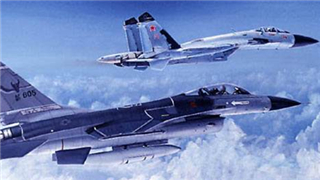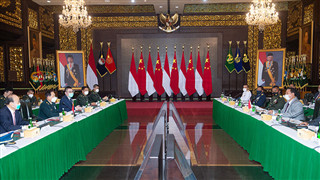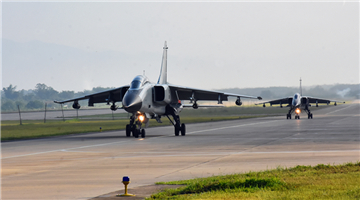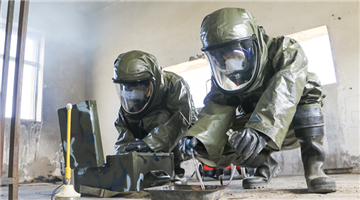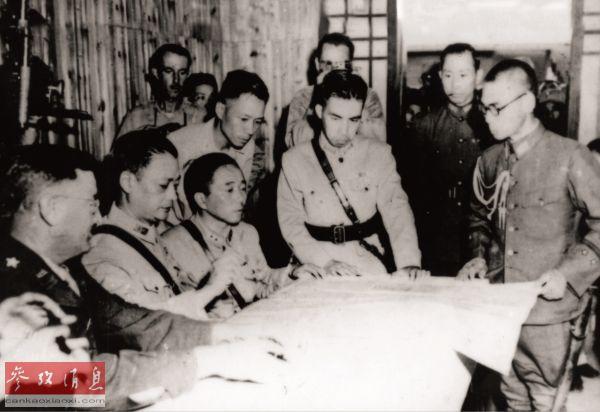
CHANGSHA-Sept 7 is a day of great significance each year in Zhijiang Dong autonomous county, Hunan province, when people gather to remember history.
Qian Dexiang, a 70-year-old artist who was born in Zhijiang, was among those who returned home on Monday to relive the joy of victory.
On Aug 15, 1945, Japan announced its surrender, and in Zhijiang on Aug 21 of that year, Japanese representatives handed over a map of Japanese troops deployed in China and signed a surrender memorandum.
Public memorial activities were held in Zhijiang to mark the 75th victory anniversary of the War of Resistance Against Japanese Aggression (1931-45) and World War II.
In the United States, Qian managed to find the original video of the surrender in Zhijiang and sent a copy back in 2014.
In 2008, Qian, who had been developing his painting career in the US, returned to China to visit his hometown.
While visiting the Memorial Hall of the Anti-Japanese War and the Acceptance of the Japanese Surrender in Zhijiang, Qian was asked by curator Wu Jianhong to create a large oil painting featuring the surrender ceremony, and the two spoke of the lost footage of the ceremony recorded by US journalists.
"I've been to many places and asked my friends to help look for the video clip for many years, but ended up with nothing," Wu said.
He asked Qian to help locate the video.
Having searched for some time, Qian received a short video clip of some 10 seconds from a Japanese student. The clip further motivated Qian and his wife, Tan Mingli, to find the original film.
They began to visit museums and archives across the United States, but their efforts at the beginning were fruitless. They tried to use the Pinyin spelling of Zhijiang as a keyword to search for clues but found no references to it.
"Zhijiang was once an air base during World War II where the famed Flying Tigers were stationed. The county was called 'Chihkiang' in a memoir written by the pilots," Wu said. He immediately informed Qian of this fact.
The couple soon identified a clue in the National Archives in Washington after some online research.
Using the keywords provided by Tan, the National Archives staff found a full cart of CDs and films. The first two videos recorded the Japanese surrendering in Nanjing and Guangzhou. The third was the one the couple had been looking for.
In 2014, this 20-minute copy of the video was sent back to China and was later collected by Zhijiang's memorial hall.
"Historical memory is significant for a country," Wu said.
He added that the video recording will be a constant reminder of the victory in World War II as well as of the preciousness of peace.
?


